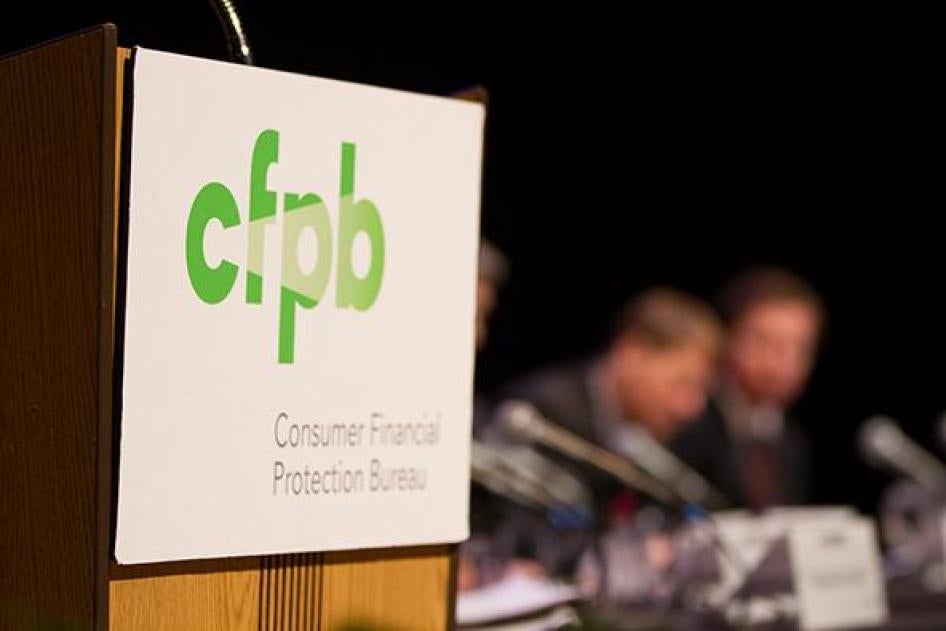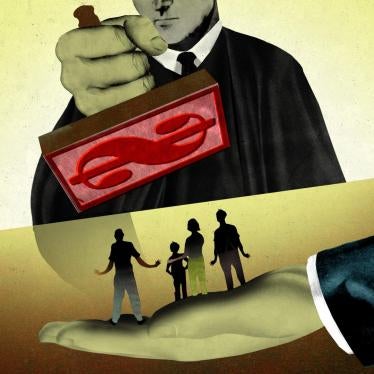In a surprise move, the United States Consumer Finance Protection Bureau (CFPB) has announced it will keep its consumer complaints database open to the public following uncertainty over whether it would do so. The database is a crucial resource containing over a million complaints about consumer financial products, including student loans, mortgages, and debt collection, providing critical information for people living in poverty directly affected by abusive lenders and collectors.
Though the CFPB is legally required to receive complaints and provide information to consumers about financial products, it is not required to make that information publicly accessible. Consumer advocates have argued a public database is an important transparency measure, providing information to consumers and the public about financial products and the companies that market them, and incentivizing businesses to respond. Nearly 98 percent of complaints to the database receive a timely response from the company.
Mick Mulvaney, then CFPB’s acting director and now acting White House chief of staff, had threatened to close the database last year. In its statement reversing that intention, the CFPB said it would keep all existing information public, including consumer narratives and tools to analyze complaints data. The bureau also announced plans to launch new tools for data visualization and explore possibilities for making company responses public as well.
The CFPB also announced changes to address criticisms raised by the financial services industry. The database will now display language indicating it does not represent a statistical sample of consumer experiences. It will also provide answers to commonly asked questions and information on how consumers can contact companies directly.
Though the bureau’s announcement is a positive development, other recent issues at the CFPB signal much larger problems. Delays on payday lending regulation and weak proposed debt collection rules could cause irreparable harm to ordinary people, particularly those living in poverty who are most affected by predatory and abusive lending practices. Retaining a public complaints database is an important step, but the CFPB has much work to do to protect people from these and other abusive practices.







